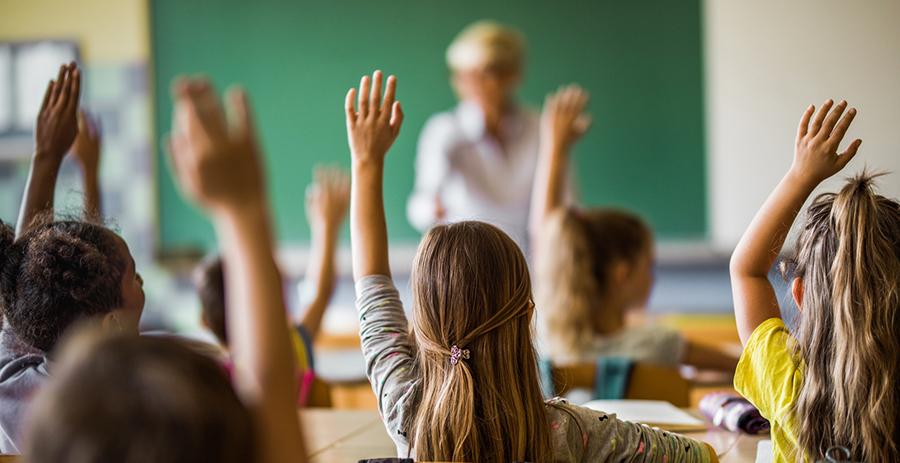

Education sector will have a greater focus on well-being in a post-COVID world
Teachers and school students are currently undergoing the “largest educational experiment in human history”, says the Executive Dean of Ireland’s largest faculty of education.
Professor Anne Looney, Executive Dean of Dublin City University’s Institute of Education, made the comments earlier this week in the Institute of Education’s ‘Facebook Live’ series ‘From A Distance’.
This series looks at how we think about education, schooling and learning as we grapple with the impact of the coronavirus pandemic.
She added when we come out of Covid-19 restrictions, “we will be going back to a different kind of education.”
Professor Looney said wellbeing and an enhanced focus on the emotional health of students will be among the top priorities of the Irish education system in a post-Covid world.
“What we are experiencing now has been described as the largest educational experiment in human history- when we come out of this we will be going back to a different kind of education,” she said.
Commenting on the current situation whereby kitchen tables have become the hub of teaching and learning, across the country, Prof Looney said that sustaining the rhythm of this was a challenge, noting that there is a nation of “children who want to return to the classroom” and who are “missing friends and the social interaction at school.”
In a wide-ranging discussion Prof Looney stated that the longer schools remain closed there will be “greater levels of inequalities which we are going to have to address when schools return.”
“The longer we remain out will exacerbate the existing inequalities that are already there - not just in a digital sense, but others, that schools work so hard to mitigate.
“Ireland’s students are among the 1.5 billion learners across the globe affected by school closures since February. However, the experience of this will be different in each area.
“Around the world, parents, educators and learners are going to be asking themselves what are we learning from this, or has the system learned, as it resets itself,” commented Prof Looney.
“We will have to experience what I call a more ‘contemplative education’ approach when we return to the classroom.
Children will need to be with each other when they return to their classrooms - rather than just doing lessons.
We will move into more time ‘just to be’. And teachers too will need to be minded and supported when they return to the traditional classroom.”
Prof Looney also echoed the comments of globally renowned educationalist Andy Hargreaves, Research Professor at Boston College who stated that students will need extra support when they return to schools, while society will also have a far greater appreciation of the work of teachers.
He has also noted that people will have far more respect for vocational skills - work that might have been considered ‘low-skilled’ in the past has shown itself to be essential in the crisis.
Discussing the topic of technology and how we have adapted to our new world, Prof Looney, flagged that while technology has been hugely positive and influential, it is difficult to replace the impact of a teacher in the classroom.
“Teachers who enable the spark and the learning to happen - the magic of the teacher in the classroom is very hard to replicate online.”
Click here to view full broadcast
